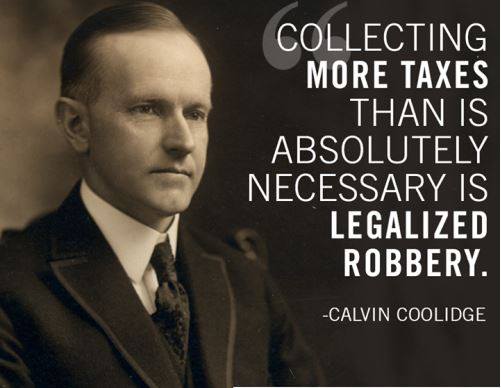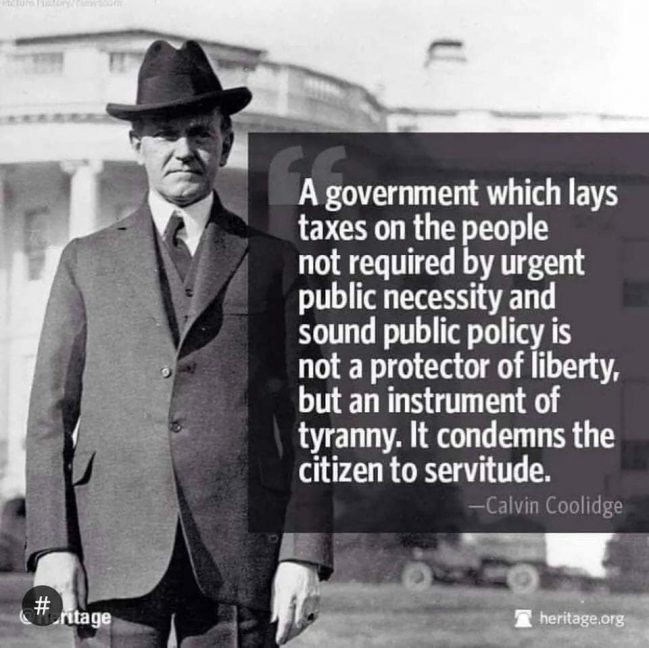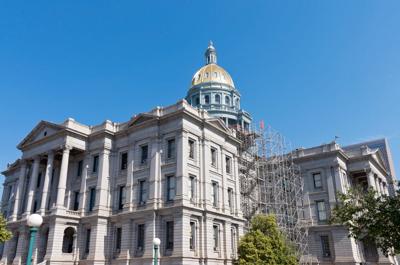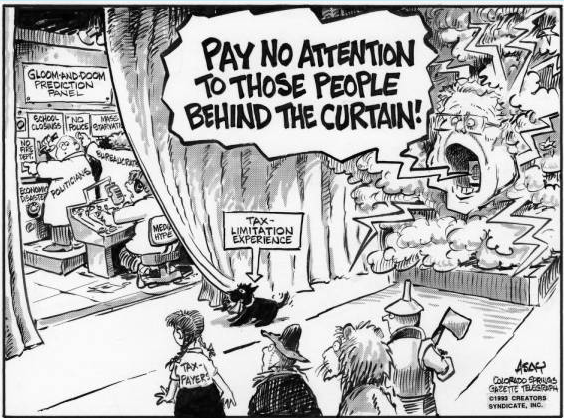Sharf: Opponents of the Taxpayer’s Bill of Rights prove why we need it
May 6, 2019 By Joshua Sharf
Look at the list of organizations supporting House Bill 19-1257, the bill to ask Colorado voters to permanently repeal Colorado’s Taxpayer ‘s Bill of Rights (TABOR) spending limits. No fewer than 60 groups hired lobbyists to push for the measure, which will appear on November’s state-wide ballot.
Everyone is represented – governments, non-profits, business groups, unions, school districts, government employees.
Everyone is represented.
Well, everyone except the taxpayer.
Which is why we need a constitutional amendment protecting the taxpayer in the first place.
While TABOR has a number of provisions designed to limit government, there are three main ones. The first requires a citizen vote on all general tax increases – income tax, payroll tax, sales & property tax, etc. Fees directly related to delivering a specific government service are exempt. So-called enterprises, which do not receive general tax revenue, are also allowed to raise their fees and charges without a vote, and what’s more, their revenue doesn’t count towards the overall cap the way than regular fees do. Continue reading






